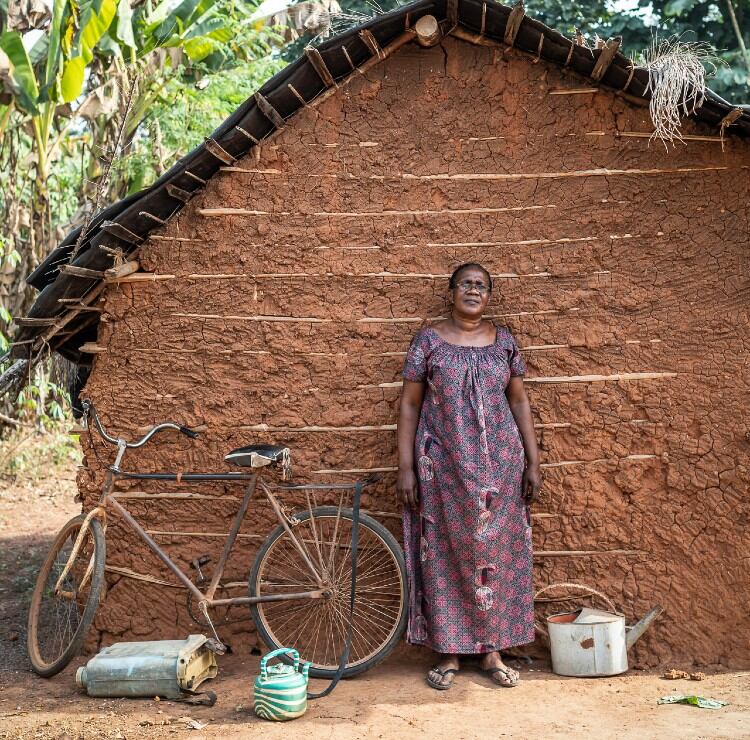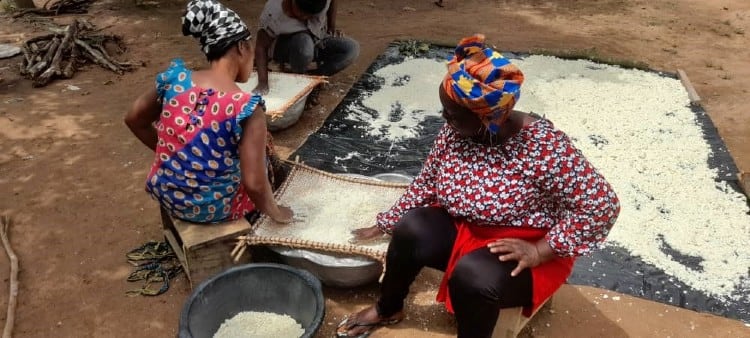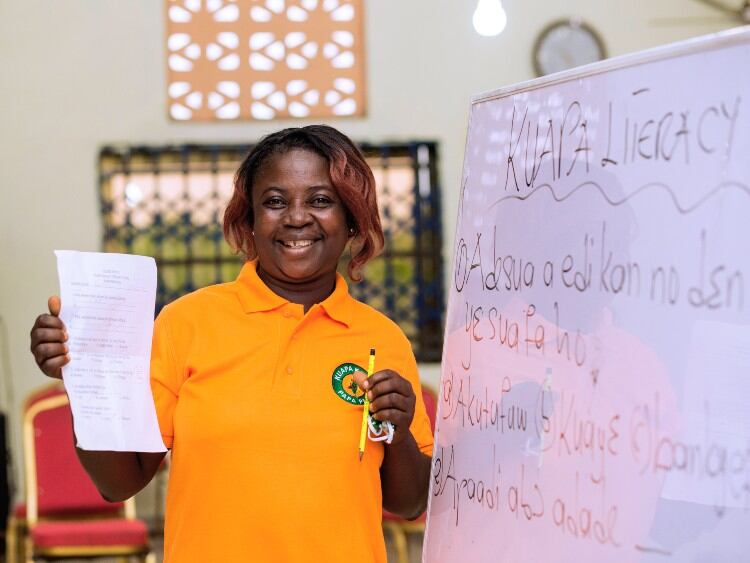As part of celebrations for the run-up to World Chocolate Day (July 7), new research by Fairtrade into the living standards of cocoa farming families shows that on average, the organisation boosts farmers’ spending on household essentials beyond the need for food by 9%.
The 2021 study, ‘Effects of Fairtrade on farm household food security and living standards: Insights from Côte d’Ivoire’ by Isabel Knöβlsdorfer et al, from the University of Goettingen and collaborators, analysed data from 500 randomly selected Ivorian cocoa farming households. They were evenly split between Fairtrade and non-Fairtrade certified co-operative members.
International poverty line
For households living below the international poverty line of $3.20 a day, figures jump up to 14%, meaning poorer families are able to invest more in the pockets of Fairtrade farmers to spend as they choose.
Cote d’Ivoire is the largest global producer and trader of cocoa, and despite the world’s love of chocolate, it remains a very precarious way to make a living. The Fairtrade results showed that cocoa is clearly the most important source of income for most of the households surveyed, accounting for 76% of total household income on average.
Living standards
Fairtrade said the study takes a novel approach, looking at what households spend money on to assess its impact on living standards, not just on the household income side.
According to the data, there are important difference in the way farmers spend their cocoa earnings, depending on their income level. Poorer farmers invest in meeting basic needs such as housing and clothing. Better-off households spend more on education and transport.
Anne-Marie Yao, Regional Cocoa Manager at Fairtrade Africa, said: “This study confirms that Fairtrade means more money in the pockets of the poorest certified cocoa farmers to spend on essentials beyond the daily need for food. Earning enough money to afford education and healthcare are things we all take for granted but are crucial to be able to live with dignity.”
Positive effects
The research also shows that the positive effects of Fairtrade certification are not influenced by farmers holding multiple other certifications such as UTZ or Rainforest Alliance.
Fairtrade is publishing the research as part of its global cocoa campaign 'Bitter Sweet', which runs from July 1 to World Chocolate Day on July 7.



